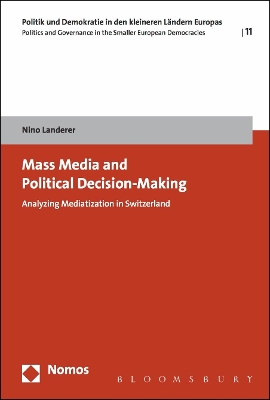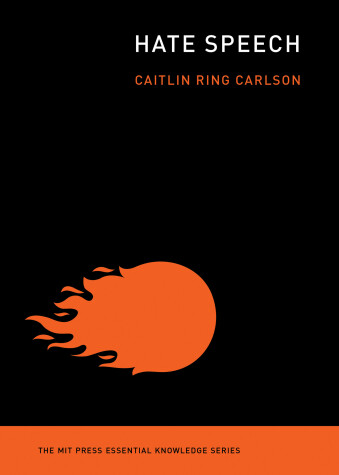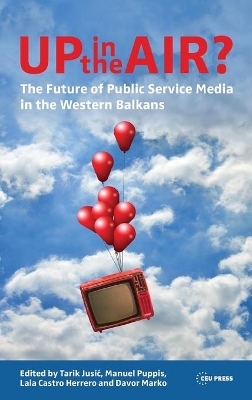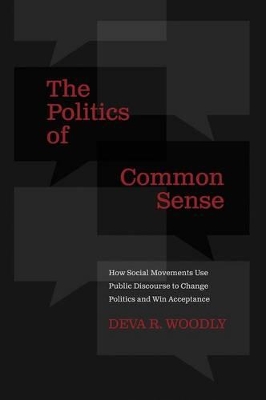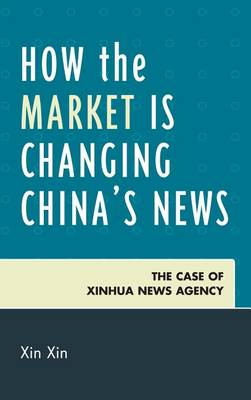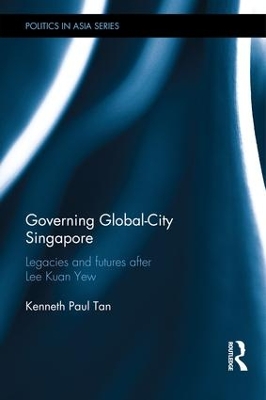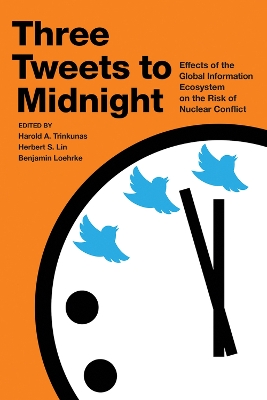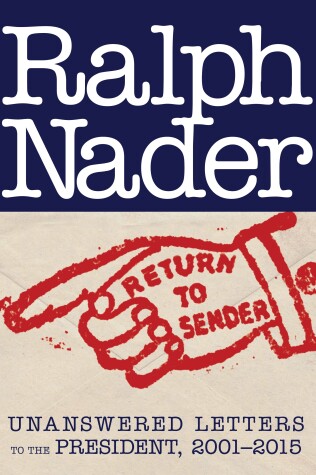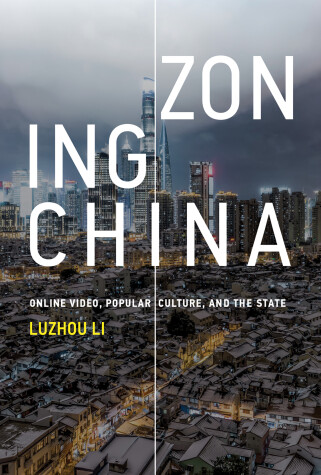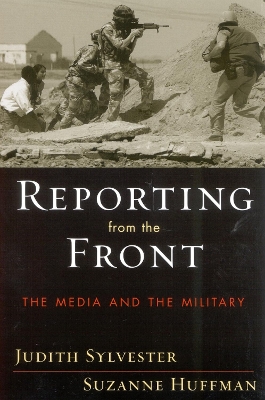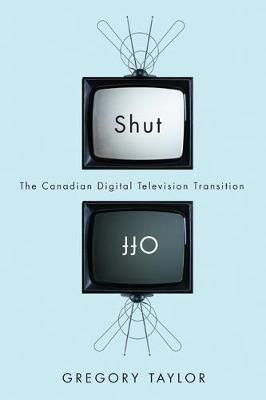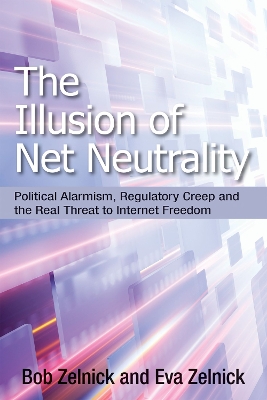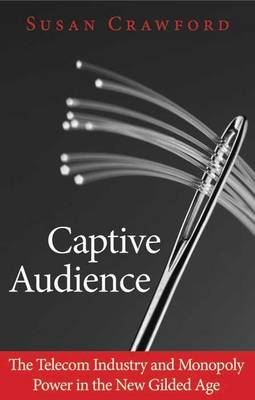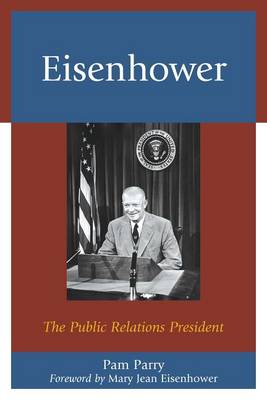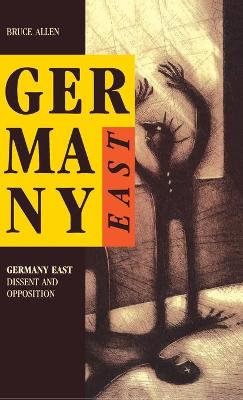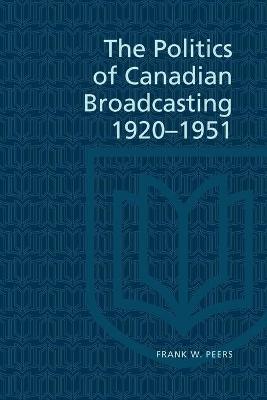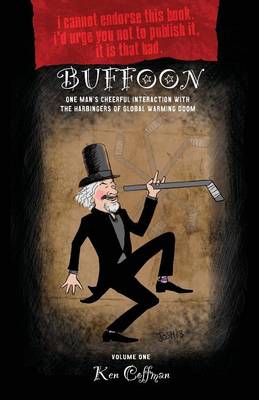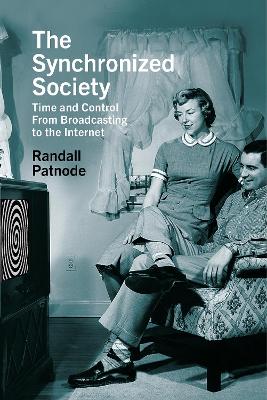Winner of the Austrian Book Prize for the 2016 German translation, in the category of Humanities and Social Sciences. Populist right-wing politics is moving centre-stage, with some parties reaching the very top of the electoral ladder: but do we know why, and why now? In this book Ruth Wodak traces the trajectories of such parties from the margins of the political landscape to its centre, to understand and explain how they are transforming from fringe voices to persuasive political actors wh...
Real-life consequences of the digital divide, and what can be done to close it.More than one-half of the world's 7.7 billion people still do not have access to the Internet, including millions of people in the United States, which has led the digital revolution. Most of these non-adopters whether by choice or circumstance are poor, less educated, people of color, older, or living in rural communities. As the digital revolution is quickly carving out this other America, it's likely that these pe...
Through conversations with State Department officials, ambassadors, public relations executives, public policy experts, and academics, Digital Diplomacy explores what it means to be innovative in foreign policy and diplomacy. These leading experts explain what are the new dynamics, developments, trends, and theories in diplomacy brought on by the digital revolution in which non-state actors play an active role. Such access now provides diplomats the means to influence the countries they work in...
To what extent have political decision-making processes become mediatized? Based on this question, the author analyzes media coverage and parliamentary actors' (MPs) strategies and perceptions in three conflicted decision-making processes in Switzerland. Mediatization of politics refers to behavioral changes and adaptations of political actors, institutions, and processes that are related to (mass) media. According to some scholars, mediatization may lead to politics of immediacy, conflict, dram...
In this innovative and persuasive volume, Sonia Ryang offers new ways to think about North Korea and how truth emerges over decades from within a dominant discourse. It explores four discrete yet mutually related domains of discourse: North Korea's literary purge of the 1950s-1960s; its state-initiated linguistic reforms of the 1960s-1980s; stories from a people's chronicle, more than one hundred volumes in length, documenting interactions with the Great Leader, Kim Il Sung; and the multivolume...
An investigation of hate speech: legal approaches, current controversies, and suggestions for limiting its spread. Hate speech can happen anywhere--in Charlottesville, Virginia, where young men in khakis shouted, "Jews will not replace us"; in Myanmar, where the military used Facebook to target the Muslim Rohingya; in Capetown, South Africa, where a pastor called on ISIS to rid South Africa of the "homosexual curse." In person or online, people wield language to attack others for their race, na...
The agenda for transition after the demise of communism in the Western Balkans made the conversion of state radio and television into public service broadcasters a priority, converting mouthpieces of the regime into public forums in which various interests and standpoints could be shared and deliberated. There is general agreement that this endeavor has not been a success. Formally, the countries adopted the legal and institutional requirements of public service media according to European stand...
The way that movements communicate with the general public matters for their chances of lasting success. Devo Woodly argue that the potential for movement-led political change is significantly rooted in mainstream democratic discourse and specifically in the political acceptance of new issues by news media, the general public, and elected officials. This is true to some extent for any group wishing to alter status quo distributions of rights and/or resources, but is especially important for gras...
This book provides a critical account of the transformations, both structural and in terms of journalism practice, undergone by Xinhua, the top Party organ of the Communist regime in China, since the start of the reform age in the late 1970s. It sets out to answer a number of key questions: 1.How far has the most influential news organization in China been marketized? 2.How far has the marketization process changed the way in which Xinhua practices journalism? 3.What has the impact of marketi...
This book provides a detailed analysis of how governance in Singapore has evolved since independence to become what it is today, and what its prospects might be in a post-Lee Kuan Yew future. Firstly, it discusses the question of political leadership, electoral dominance and legislative monopoly in Singapore’s one-party dominant system and the system’s durability. Secondly, it tracks developments in Singapore’s public administration, critically analysing the formation and transformation of merit...
Three Tweets to Midnight
Disinformation and misinformation have always been part of conflict. But as the essays in this volume outline, the rise of social media and the new global information ecosystem have created conditions for the spread of propaganda like never before-with potentially disastrous results. In our "post-truth" era of bots, trolls, and intemperate presidential tweets, popular social platforms like Twitter and Facebook provide a growing medium for manipulation of information directed to individuals, ins...
In letters addressed to Presidents George Bush and Barack Obama, Ralph Nader provides incisive critiques of more than a decade of American policy decision and indecision. Each letter offers frank advice and shines light on government mishaps and missed opportunities for progress. With his signature dry wit, Nader holds these Presidents to their campaign promises. He also boldly points to the ignoble and sometimes heinous decisions made in pursuit of party platforms and misguided ideals. Covering...
An examination of "cultural zoning" in China considers why government regulation of online video is so much more lenient than regulation of broadcast television. In Zoning China, Luzhou Li investigates why the Chinese government regulates online video relatively leniently while tightly controlling what appears on broadcast television. Li argues that television has largely been the province of the state, even as the market has dominated the development of online video. Thus online video became a...
During what some have called the "most televised war in history," did journalistic objectivity fall by the wayside? Were the experiences of embedded journalists in Iraq markedly different from reporters who went on their own? Reporting from the Front is a provocative look at media and the Iraq War-spanning issues from basic reporting and coverage to ethical dilemmas, personal safety, and training with the military. Featuring interviews with journalists such as Anne Garrels and Ivan Watson of NPR...
Digital technology has revolutionized modern television but what exactly has changed? The history of the digital transition is one of great scientific achievement, expensive failures, and significant political and industrial power struggles. In Shut Off: The Canadian Digital Television Transition, Gregory Taylor examines the technology, institutional players, and the policies that have shaped Canada's efforts to switch from analogue to digital television broadcasting. Taylor shows how digital te...
In The Illusion of Net Neutrality, coauthors Bob Zelnick and his daughter, Eva Zelnick, sound the alarm on how the ever-increasing threat of regulations, rules, and powerful competing interests could strip the Internet of its unfettered, open nature-the very framework that has allowed it to become a life-altering invention. In just two short decades, this powerful global information and retail powerhouse has changed the way we communicate, how we stay informed on national and world events, how...
Ten years ago, the United States stood at the forefront of the Internet revolution. With some of the fastest speeds and lowest prices in the world for high-speed Internet access, the nation was poised to be the global leader in the new knowledge-based economy. Today that global competitive advantage has all but vanished because of a series of government decisions and resulting monopolies that have allowed dozens of countries, including Japan and South Korea, to pass us in both speed and price of...
In the 1950s, public relations practitioners tried to garner respectability for their fledgling profession, and one international figure helped in that endeavor. President Dwight D. Eisenhower embraced public relations as a necessary component of American democracy, advancing the profession at a key moment in its history. But he did more than believe in public relations-he practiced it. Eisenhower changed how America campaigns by leveraging television and Madison Avenue advertising. Once in the...
Still the focus of major political controversy today, the essential issues in Canadian broadcasting emerged thirty years ago. This fascinating book traces both the development of radio from its beginnings in 1920 to the inception of television in 1952, and the formation of public policy throughout these years. The course of the development was far from smooth. Professor Peers describes the contending forces, the politicians, pressure groups, newspapers, and business interests that joined in the...
A Genre Analysis of Social Change (Inkshed: Writing Studies in Canada)
by Diana Wegner

